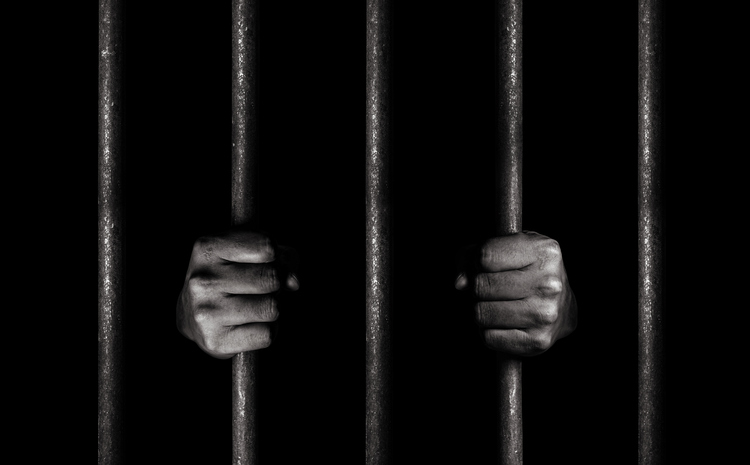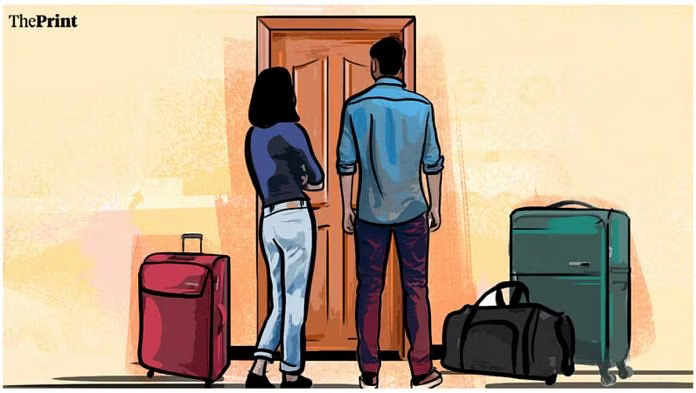
Crime & Punishment: Inadequacy of criminal law to counter child marriages
Arrests in Assam are only a symptom of a larger problem - the State's constant over-reliance on criminal law to deal with prickly societal problems
A statewide crackdown against child marriages has been launched in Assam. In the past few weeks, over 3000 persons have been arrested for either committing or facilitating child marriages. Across districts in Assam, these arrests have left a profound impact, particularly on women. Wives of the individuals arrested, now with kids and a household to maintain, have been left more vulnerable than before.
According to the government, the arrests were prompted by a high rate of maternal and infant mortality, due to higher teenage pregnancies. As hospitals in Assam report a significant drop in ante-natal services and temporary jails begin to come up to detain those arrested, the crackdown is proving both counterproductive and short sighted.
Laws employed and the impact
The arrests are being made under two laws. The Protection of Children from Sexual Offences Act, 2012 (‘POCSO Act’) has been invoked to book men marrying girls below the age of 14. The Prohibition of Child Marriage Act, 2006 (‘PCM Act’) has been used in cases where girls are aged 14 to 18 years.
This classification, of offences involving girls below and above the age of 14, is not recognised under either of the laws. However, it puts one section of offenders at a significant disadvantage. Those arrested under the POCSO Act risk being convicted of sexual assault, including its aggravated forms, attracting mandatory minimum punishments ranging from five years to 20 years, and even death penalty.
While granting bail to nine men accused in such cases, the Gauhati High Court has questioned the use of the POCSO Act. The Court has also emphasised that such arrests are ‘causing havoc’ in the private lives of people, including children and old people. Large scale protests by the wives and families of those arrested have also exposed the fallacy of a criminalised response to child marriages, specially by invoking the stringent POCSO Act. Even as challenges continue to surface for those arrested and their families, the debate on whether criminalisation can ever be an answer to a social problem such as this, must also ensue.
Criminalised response to child marriages
The PCM Act was passed to prevent child marriages and criminalise performing, conducting, promoting etc. of such marriages. It was passed amidst increasing maternal and infant mortality and to project the parliament’s collective disapproval of the widely prevalent practice. The then Minister of Women and Child Development, while tabling the bill in the Lok Sabha, underlined that it was necessary to change the mindset and end practices that “all of us, at some point or the other, have endorsed and have facilitated in our society.”
However, parliamentary debates on the PCM Act make it amply clear that the law was never intended to be a be-all end-all solution for the problem of child marriage. Underlining the ineffectiveness of the Child Marriage Restraint Act, 1929, legislators stressed that law alone was not enough to check child marriages. CS Sujatha, a Member of Parliament from Kerala, stated that “legislations alone would not help prevent such evil practices. It is imperative that sensitisation of the populace and the law implementing agencies is simultaneously done”. In fact, there was a general consensus amongst the lawmakers that large scale social interventions are required to eradicate child marriage. The suitability or necessity of criminal provisions to tackle such an issue were hardly discussed.
Data backs legislative suspicion
Even as legislators repeatedly flagged that most marriages in India were child marriages, data from the National Crime Records Bureau (‘NCRB’) shows that only a fraction of such cases are processed through the PCM Act. A year after the PCM Act was enacted, only 96 cases were registered. The trend has since continued. In 2021, only 19 persons were convicted under the PCM Act.
NCRB data only bolsters the apprehensions of the legislators who believed in the inadequacy of criminal law to counter child marriages. So do the arrests in Assam. On the other hand, through awareness campaigns; by increasing financial aid for education and by engaging with community stakeholders, governments and other development organisations are adopting a multi-sectoral approach to counter child marriages. These sustained efforts have shown impact. The prevalence of child marriages in India has halved in less than two decades.
Indian society has made great strides in combating child marriages, but actions in Assam appear brazen and have the potential to do more harm than good. They are also a symptom of a larger problem – the State’s ineptitude to tackle social issues and the constant overreliance on criminal law to make up for it. We must, therefore, remind ourselves of the inherent limitations of criminal laws in tackling social issues and move towards a more reasonable and selective application of criminal law.




